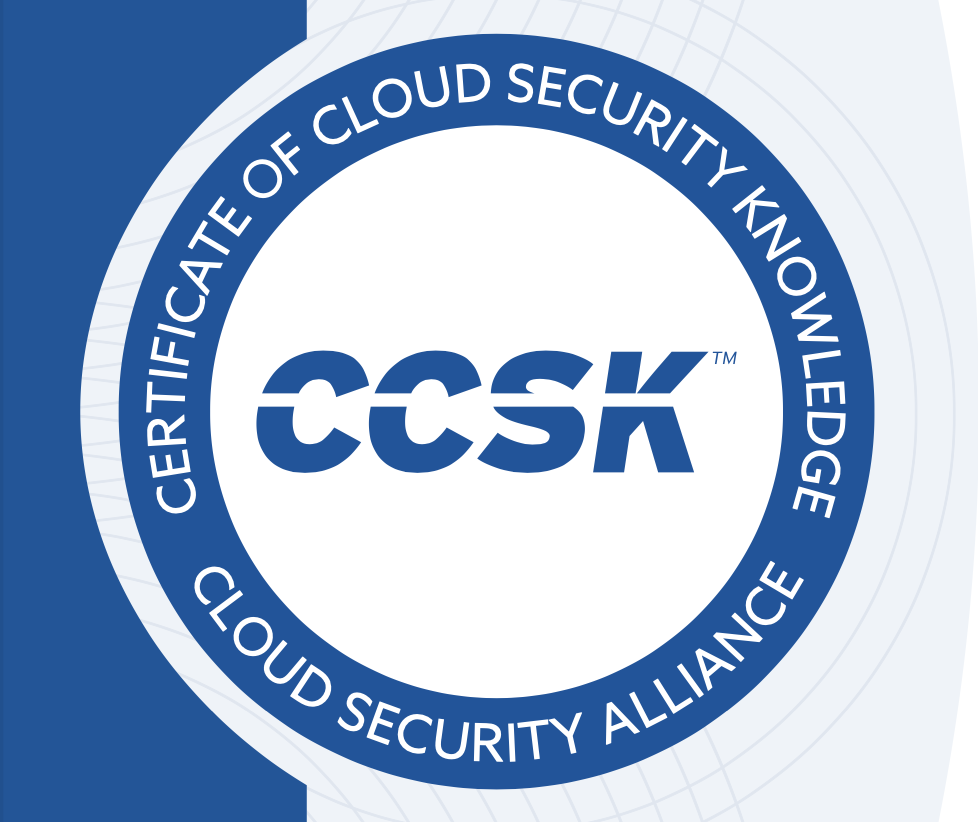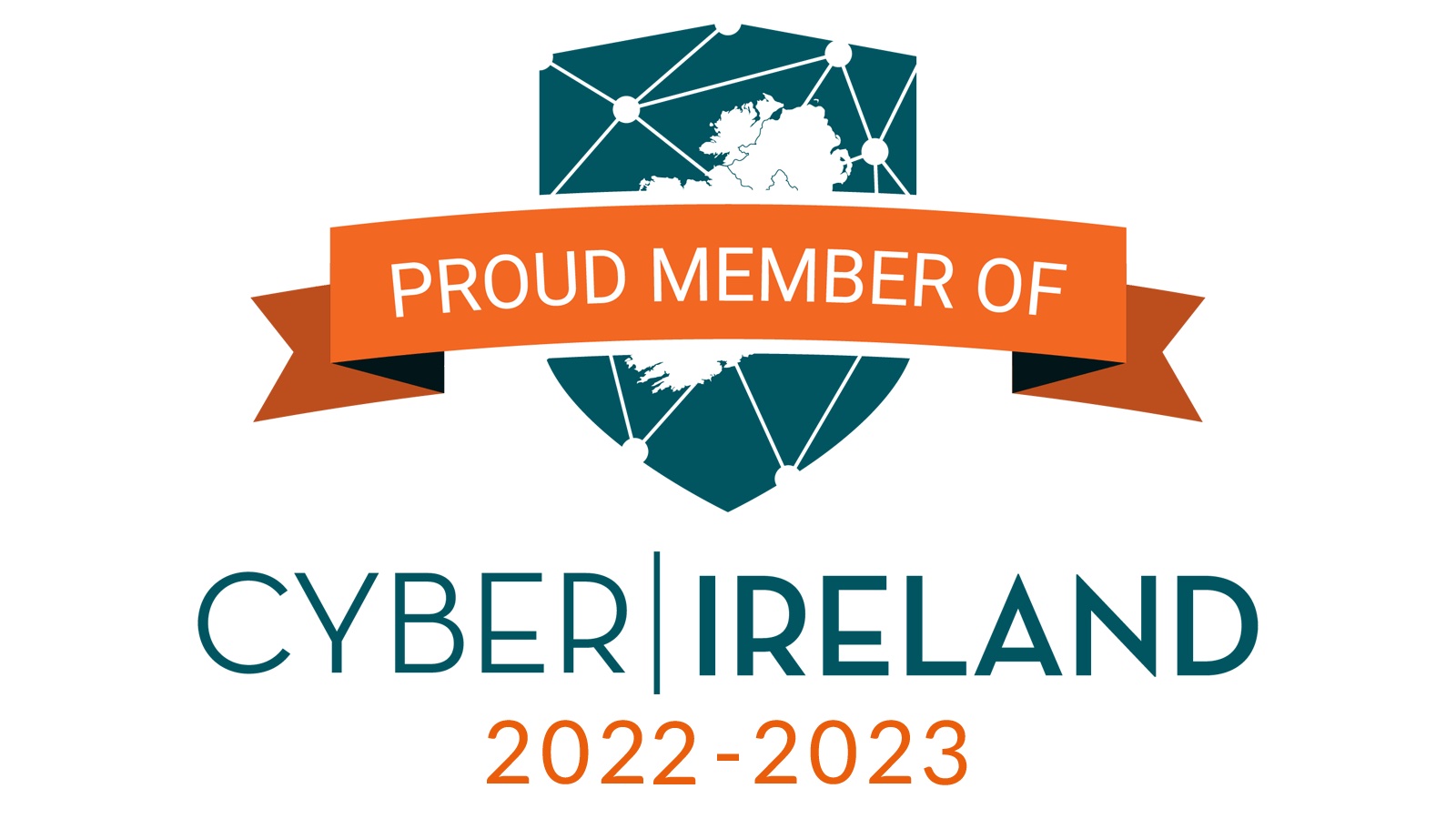Digital Threats for 2025: What Businesses Need to Watch Out For
As businesses continue to evolve in an increasingly digital landscape, so do the threats they face. Cybercriminals are becoming more sophisticated, and companies must stay ahead of emerging risks to protect their operations, data, and customers. Here are some of the key digital threats to watch for in 2025 and how businesses can prepare.
1. AI-Powered Cyber Attacks
Artificial intelligence (AI) is a double-edged sword. While it can enhance cybersecurity measures, it also empowers cybercriminals to develop more advanced attacks. AI-driven phishing, automated malware distribution, and deepfake scams are expected to rise in 2025. Businesses need to implement AI-driven security solutions and continuously educate employees about identifying AI-generated threats.
2. Ransomware-as-a-Service (RaaS)
Ransomware remains one of the biggest cybersecurity challenges, and its accessibility to non-technical criminals through RaaS platforms makes it even more dangerous. Attackers are using sophisticated encryption techniques to lock businesses out of their own systems. Regular data backups, endpoint security solutions, and employee training are crucial to mitigate this risk.
3. Supply Chain Vulnerabilities
Cybercriminals are increasingly targeting third-party vendors to gain access to larger enterprises. Attacks on software providers, cloud services, and even physical supply chains can compromise sensitive data. Businesses must enforce stricter vendor risk assessments and implement zero-trust security models to safeguard their ecosystems.
4. Cloud Security Gaps
With more organisations migrating to cloud infrastructure, misconfigurations and insecure APIs present significant risks. Data breaches due to improper cloud security settings have been a growing concern, and 2025 will be no different. Investing in cloud security training and certifications like the EC-Council Certified Ethical Hacker (CEH) Master course can help IT teams strengthen cloud defences.
5. Social Engineering Attacks
Cybercriminals are refining their tactics to exploit human psychology. Whether through business email compromise (BEC), voice phishing (vishing), or fake job scams, social engineering is expected to become more prevalent. Training employees to recognise social engineering tactics is essential to reducing insider threats.
6. Critical Infrastructure Targeting
Energy grids, healthcare systems, and financial institutions are prime targets for state-sponsored cyberattacks. As geopolitical tensions rise, businesses that rely on critical infrastructure must be extra vigilant. Enrolling in courses such as the EC-Council Certified Incident Handler (E|CIH) can provide IT professionals with the skills needed to detect, respond to, and mitigate cyber incidents effectively.
7. Quantum Computing Threats
Although still in early stages, quantum computing could pose a future risk to encryption standards. Businesses should stay informed about post-quantum cryptography advancements and consider transitioning to quantum-resistant encryption techniques in the coming years.
The best defence against evolving cyber threats is a well-trained workforce. Businesses that invest in cybersecurity education will be better equipped to handle emerging risks. We offer on-demand, supported courses such as:
• EC-Council Certified Ethical Hacker (CEH) Master – Develops ethical hacking skills to test and secure systems.
• EC-Council Certified Incident Handler (E|CIH) – Teaches critical skills to manage and respond to cyber incidents effectively.
By equipping your team with the right knowledge, you can reduce vulnerabilities, enhance your security posture, and safeguard your business from the threats of 2025.
Cybersecurity is now a necessity. Businesses must adopt proactive measures, invest in cybersecurity education, and implement robust security frameworks to stay ahead of cybercriminals. To learn more about how we can help your business prepare, visit our website and explore our cybersecurity training courses and tools.




